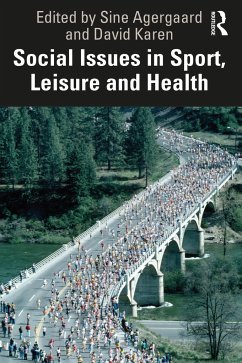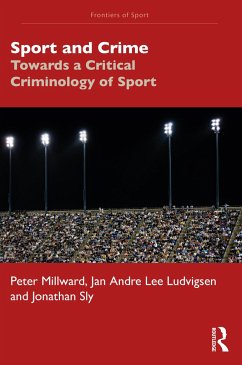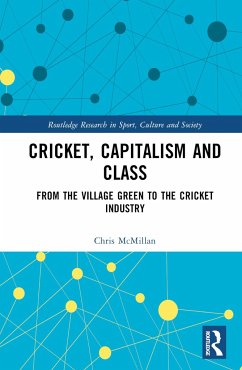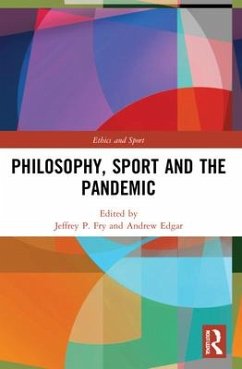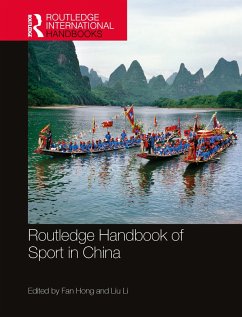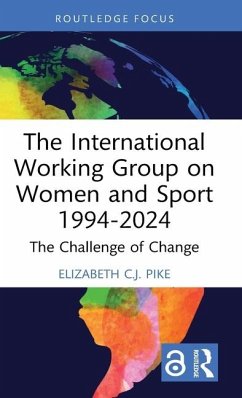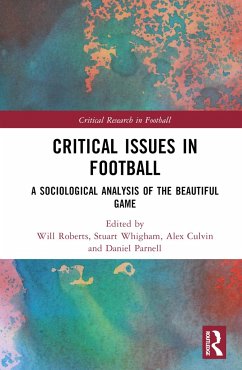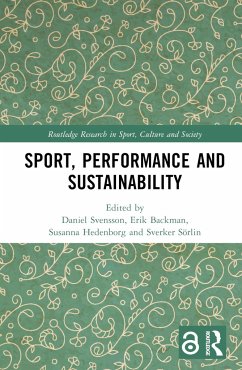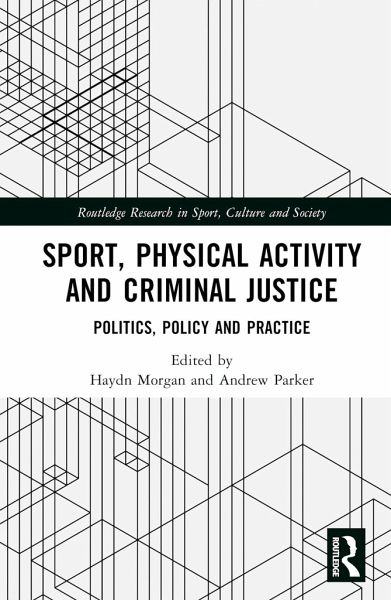
Sport, Physical Activity and Criminal Justice
Politics, Policy and Practice
Herausgeber: Morgan, Haydn; Parker, Andrew
Versandkostenfrei!
Versandfertig in 1-2 Wochen
151,99 €
inkl. MwSt.
Weitere Ausgaben:

PAYBACK Punkte
76 °P sammeln!
This book explores the various ways in which participation in sport and physical activity might contribute to effective solutions within criminal justice systems.






